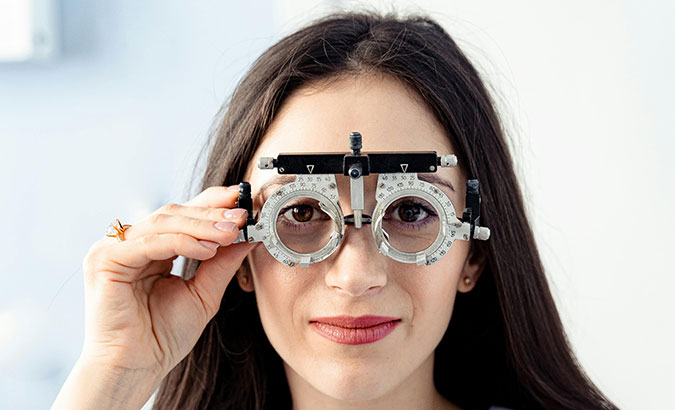- Our Locations: Swan St Eye Centre - 03 9428 0402
- Dingley Eye Centre - 03 9551 4244
- Our Locations:
Swan St Eye Centre - 03 9428 0402 - Dingley Eye Centre - 03 9551 4244

As your trusted eye care practitioner with a vested interest in your quality of life and vision, we have great working relationships with experienced ophthalmologists and co-manage patients care to ensure that the optimal care is being provided in every facet of your eyecare journey.
In planning for the future, we assist with management strategies for cataracts, glaucoma, macula degeneration and diabetes with the view of preserving quality of sight and independence.
When required, we will refer you for the best surgical interventions and outcomes that are available and will continue the journey with you every step of the way.
